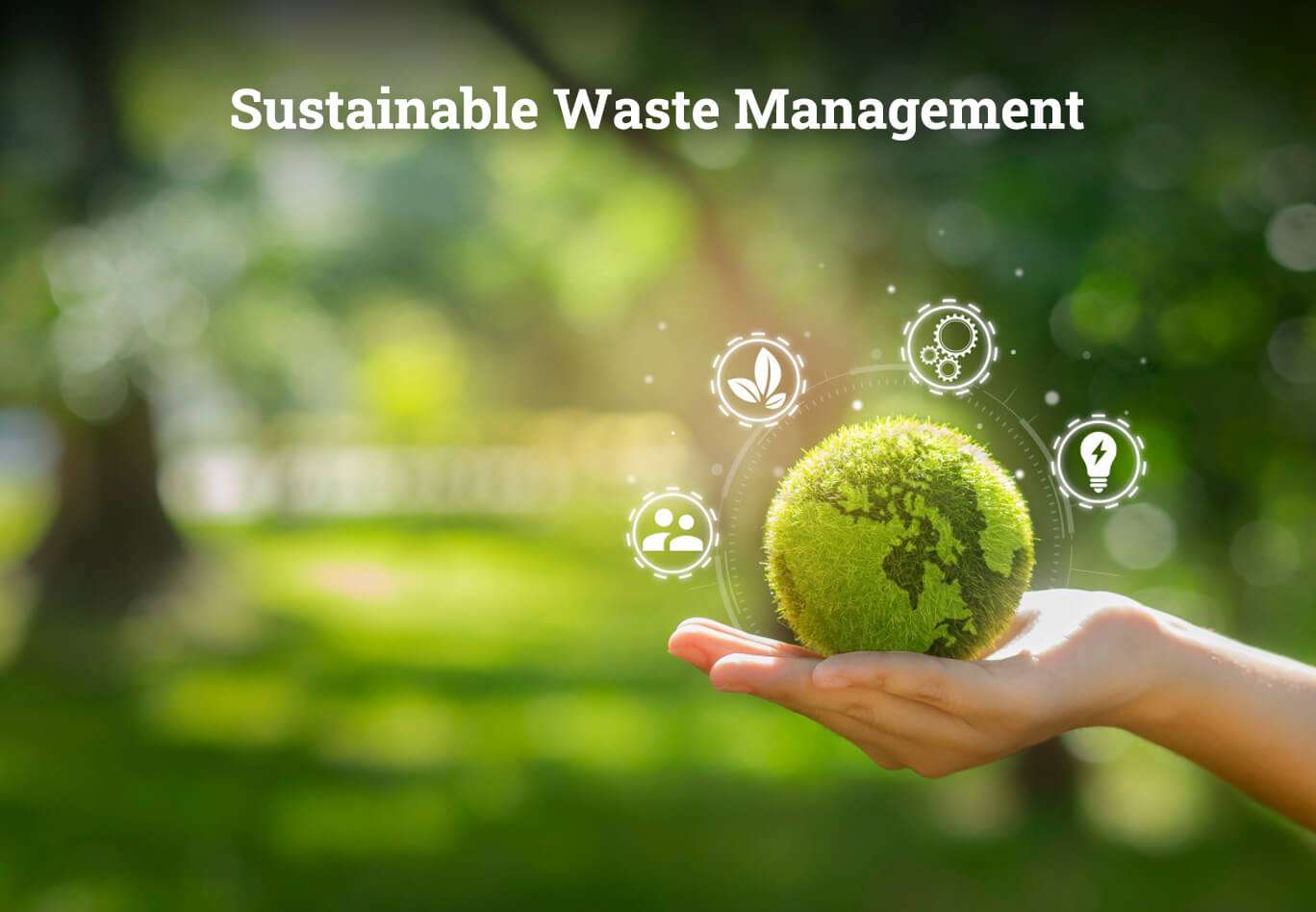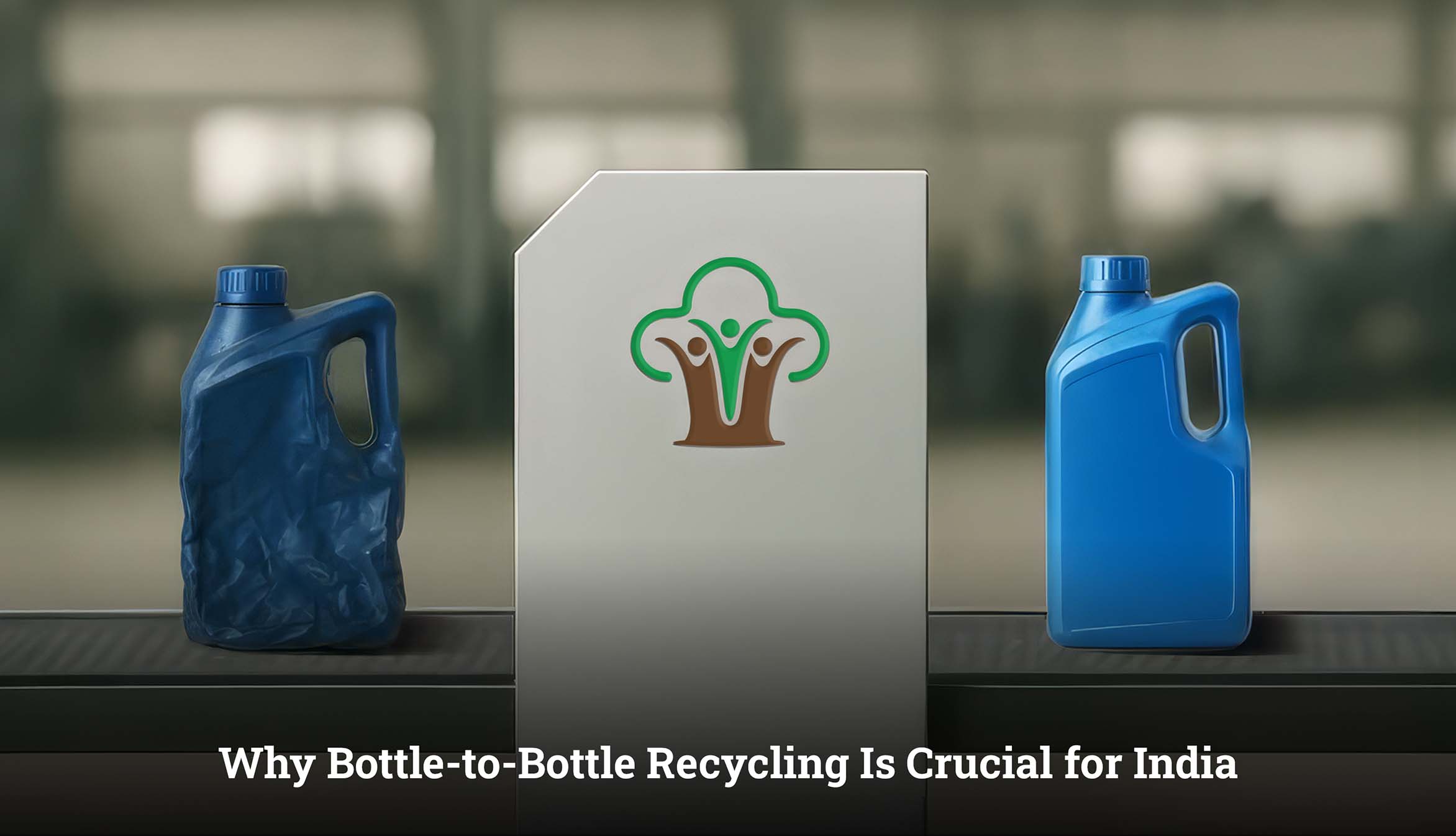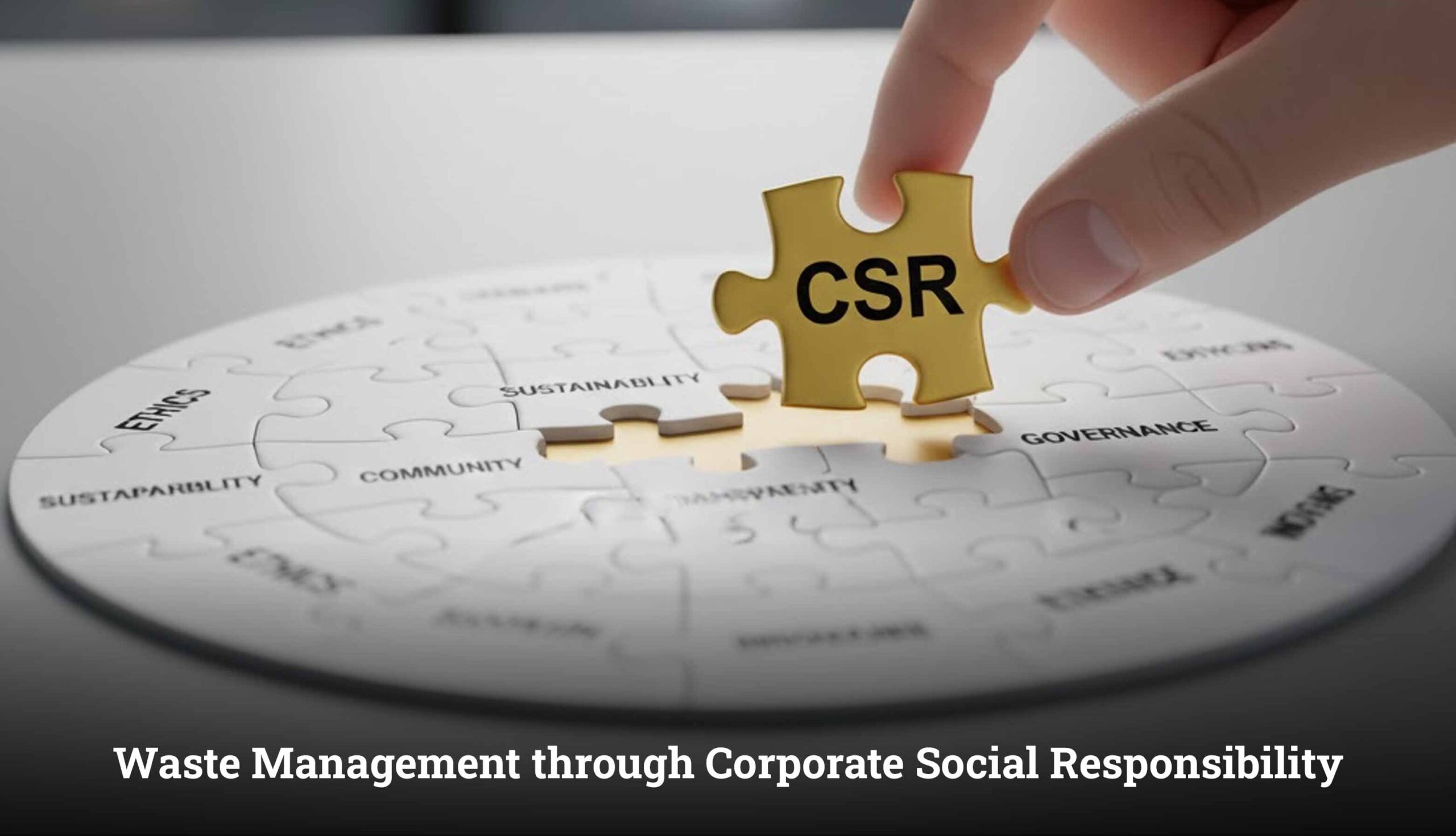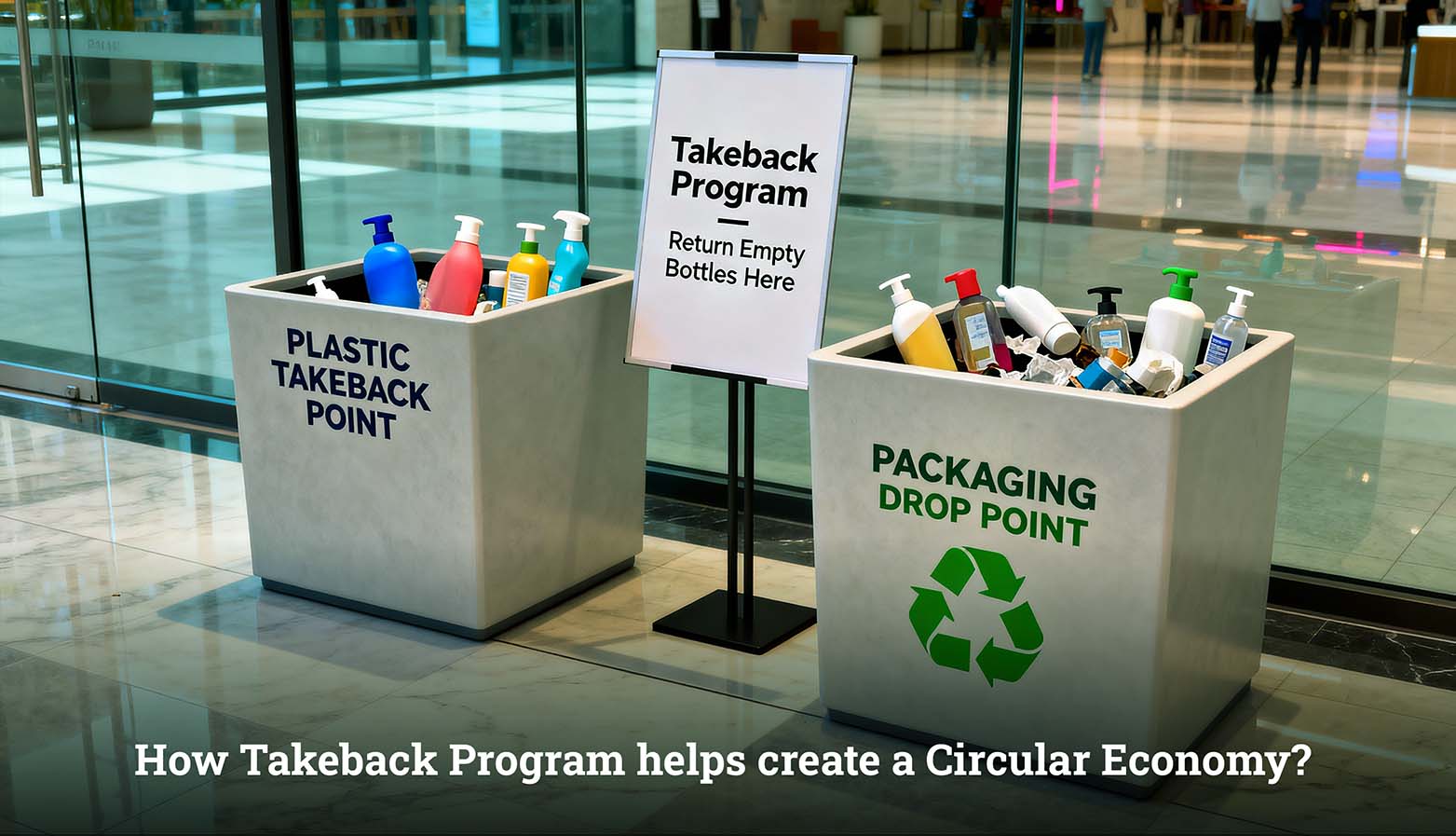In developing nations, the massive amounts of waste generated by urbanization, industrialization, and population growth are concerning, leading to severe issues with waste management and disposal. However, recycling and proper disposal pose a problem. India has many issues that it has to deal with daily, which include increasing urbanization, population growth, limited infrastructure, and, obviously, trash management.
These require new approaches to waste disposal and encouraging recycling. A sound approach to waste management would be to utilize the prevailing networks in the unorganized sectors. Collecting and processing waste is majorly done by informal waste collectors, however formal recognition and support are lacking.
Their inclusion into the mainstream system might be underway and subsequently would be able to improve better strategies of waste management.
These could be even linked to higher rates of resource recovery, fewer negative environmental impacts, and more possibilities for the informal sector to generate income.
In that respect, the further development of more inclusive and successful policies will pave the road for India into a sustainable and circular economy based on the indication of collaboration between formal and informal systems of waste management.
The Importance of Sustainable Waste Management in India
India produces more than 62 million tonnes of municipal solid waste every year, and this number is expected to grow exponentially as urbanization catches up. Public health issues arise because the ignored factors of such poor waste management cause severe environmental issues including polluted air and water. Reduced levels of waste disposal in landfills, decreased emissions of greenhouse gasses, and protection of natural ecosystems are essential parts of sustainable waste management.
This calls for timely strategies of waste management consisting of informal and formal sectors.
The informal sector handles a significant proportion of recyclable materials in India, yet their work hardly accounts for it. There are opportunities for recycling rates to improve, the degradation of the environment to slow down, and how India can transition to a circular economy with such considerations. So, effective development of sustainable waste management in India may depend on developing policies that truly empower all stakeholders, including waste pickers and recyclers in the country.
Understanding the Informal Waste Sector
India’s informal sector is made up of waste pickers, small-scale recyclers, and kabadiwalas (scrap dealers), who don’t adhere to official regulations. They collect, segregate, and recycle waste materials, which adds a plus to the system of waste management in India.
Their primary contribution lies in managing recyclable materials, particularly plastics. In contrast, the informal sector is typified by unregulated operations, low pay, and limited access to social security. This sector, despite its numerous obstacles, particularly in the urban setting, is crucial to the recyclable recovery of value from trash.
Such low-tech equipment allows waste pickers and recyclers to divert millions of tonnes of waste away from landfills. The fact that they can do this at all, in such an informal system, speaks to the necessity of some official support and recognition framework.
The Role of the Informal Sector in Waste Management
The informal sector supports in case municipal waste management systems do not work correctly. In numerous Indian cities, there is a disposal of waste in landfills and open spaces because the weight of waste produced exceeds what can be collected by urban local bodies.
Since the waste pickers can identify and sort various materials that can be recycled out of mixed waste, such as paper, metal, and plastic, they are extremely valuable. This is because India has high rates of induced recycling, about 60% of plastic waste, much higher than the average rate of the world, so it finds itself at the top of the structure.
Recycling, by the waste pickers, then extends the circulation of recyclables, decreases virgin material demand, and reduces waste accumulation. Without the informal sectors, more burden would have been deposited on the formal structures of waste management, accompanied by environmental as well as health hazard risks.
Economic Impact of the Informal Sector on Sustainable Waste Management
The informal waste sector contributes significantly to the economy, especially in low-income metropolitan areas. For instance, studies indicate that by preventing recyclables from ending up in landfills, Indian waste pickers assist municipalities save about ₹54.75 crores every year.
This is one of the major sectors that would prove to be a critical partner towards sustainable waste management as a result of reduced costs associated with collection, transportation, and disposal.
The industry employs over 1.5 million people. Waste pickers add value to waste items in the recycling supply chain through segregation, cleaning, and processing. The ability of the informal sector to gather and process recyclables at a cheap cost is a fundamental component of the circular economy, with the aim of turning trash into a resource rather than an expense.
Environmental Benefits of Integrating the Informal Sector
Integration of the informal waste sector into formal systems would enlarge more benefits of sustainable waste management towards the environment. What the informal waste collectors are doing today keeps lots of waste from being landfilled. This greatly reduces methane emissions, a major cause of climate change. Their efforts also avoid burning waste through reintegration into production cycles and, in the process, decrease air pollution as well as preserve natural resources.
The 5Rs—Refuse, Reduce, Reuse, Repurpose, and Recycle—are also important in taking things further in the circular economy, and most of these are practiced by the informal waste worker. Their efforts to recover large parts of recyclable material also reduce waste from clogging up the drainage network and thereby flooding the towns. Recognition and institutionalization of their role will further add to environmental sustainability in strategies of waste management along with increasing recycling.
The Path Forward: Policy Recommendations
In India, incorporating the informal sector is critical to the success of circular economy waste management. A few policy recommendations that can help in achieving this involve:
- Formal Recognition: Recognition of informal sector waste pickers and recyclers as important players in waste management enables them to get better working conditions and social security benefits.
- Capacity Building: It would be useful if formal and informal sectors were made to be trained on new recycling techniques and the strategies of waste management so that efficiency and safety could increase.
- Inclusive Policies for Waste Management in India: Policies that support the informal sector’s cooperation with formal waste management services allow them to work together toward sustainability objectives.
- Decentralized Waste Management Systems: Segregating waste and recycling at the source can effectively reduce the pressure on the waste pickers by promoting community participation.
These initiatives could easily help millions of informal workers maintain their standard of living while extensively developing trash management of India.
Conclusion: Informal Sector as the Backbone of Sustainability
The foundation of India’s waste management system is indeed the informal sector. Achieving sustainable waste management requires its contributions to livelihood development, resource recovery, and recycling. The industry exists outside of formal frameworks, but if it were integrated into formal waste management systems, India’s efforts to promote a circular economy and environmental sustainability would be greatly aided.
In addition to improving trash management, valuing informal waste workers and giving them the instruments, materials, and assistance required to enhance their working circumstances will benefit the millions of individuals who depend on this industry for a living. Effective cooperation between formal and informal systems is critical to India’s sustainable waste management future.
FAQ's
What is the informal sector in waste management?
Waste collectors and kabadiwalas, who gather and sort waste, are referred to as the informal waste sector within the waste management system.
What are the social challenges faced by informal waste workers?
Frequently faced social issues by the informal sector are low wages, poor living conditions, and lack of recognition.
How does the informal sector contribute to the circular economy?
The informal waste business is essential to reducing plastic pollution and creating a more circular economy. Recycling operations like collection of all plastic waste are done by the informal sector.
How can cities in India improve their waste management by integrating informal workers?
Governments should aim to integrate informal waste workers into their formal waste management systems. By promoting door-to-door collection over bins and dumps can significantly improve the working circumstances of informal waste workers.


 What Is Bottle-to-Bottle Recycling? Why It Matters for India
What Is Bottle-to-Bottle Recycling? Why It Matters for India The Role of CSR (Corporate Social Responsibility) in Waste Management
The Role of CSR (Corporate Social Responsibility) in Waste Management What is Takeback Program & Their Role in Building a Circular Economy
What is Takeback Program & Their Role in Building a Circular Economy What Is a Waste Audit and Why Should Recycling Companies Conduct One?
What Is a Waste Audit and Why Should Recycling Companies Conduct One? How Greenwashing Affects Plastic Recycling?
How Greenwashing Affects Plastic Recycling?

